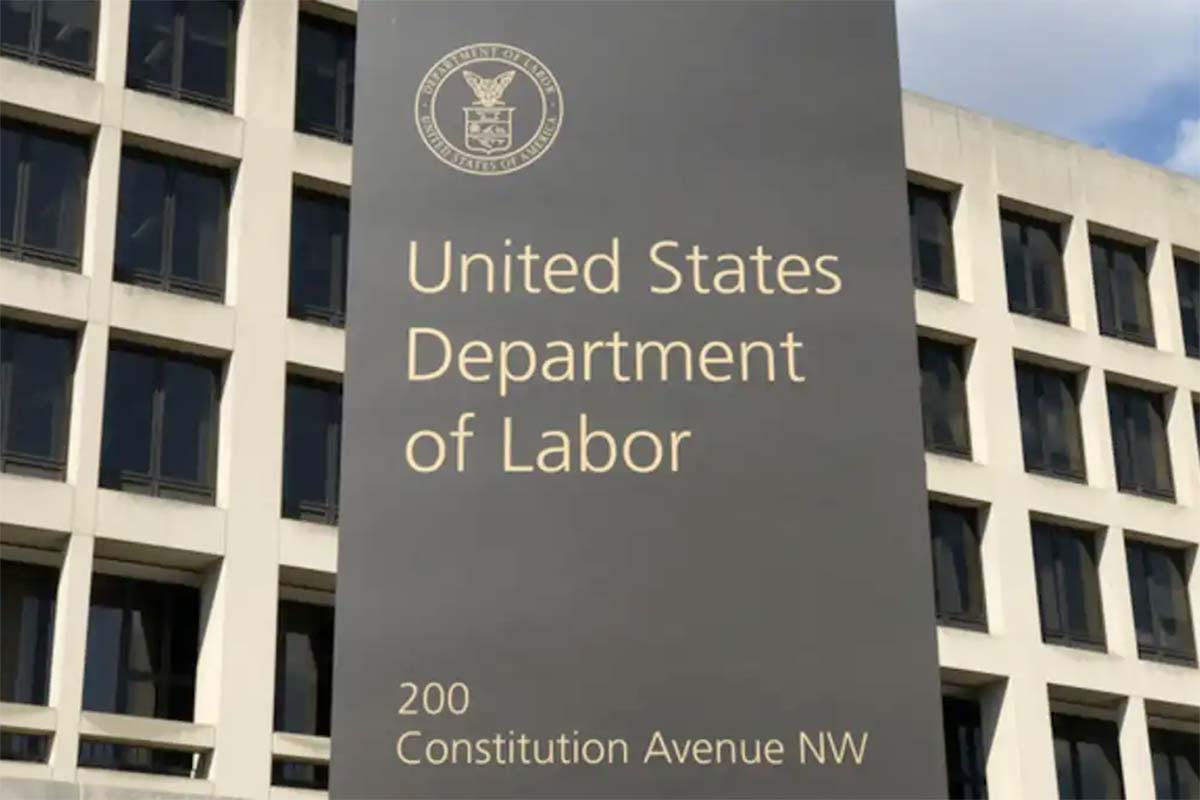The U.S. Department of Labor (DOL) has announced that it will substantially delay implementing a wage rule that would significantly impact the H-1B visa program. This rule, initially proposed by the Trump administration, originally had been set to go into effect on March 9, 2021. In January 2021, the Biden administration had already pushed back the original implementation date by 60 days for all rules and regulations not yet in effect that federal agencies had published in the Federal Registry. This general delay in implementing published rules ensured that the replacement system would not be in place for the FY 2022 H-1B visa process. The DOL rule now prevents the rule from going into effect before December 31, 2021.
Under the new rule, U.S. Citizenship and Immigration Services (USCIS) would have replaced the H-1B visa lottery with a preferential visa system that would prioritize jobs with the highest salary levels. DOL’s move implies that the Biden administration plans to revisit the rule.
How the H-1B Visa Lottery Works
Every year, the federal government caps the number of H-1B visas at a certain amount, which is currently 85,000. If USCIS receives H-1B visa applications beyond the amount of cap in a given year, it traditionally has placed the applications in a lottery system. USCIS then would randomly select applications from the lottery for the visa program. As previously noted, this lottery system remains in effect for the FY 2022 H-1B visa season, which opened on April 1, 2021. Under the lottery system, USCIS randomly selects enough visa applicants from the pool to meet the current H-1B visa cap of 65,000 for the regular quota of visas and 20,000 for the masters’ level quota of visas.
The Proposed Replacement System for the H-1B Visa Lottery
Under the Trump administration’s newly proposed system, which DOL has now delayed implementing, H-1B visas would go to the applicants whose positions have the highest salaries. These figures would be based on the highest Occupational Employment Statistics (OES) wage level that is equal to or greater than the Standard Occupational Classification (SOC) for the area of employment. This process essentially would make it impossible for the lowest wage workers, including entry-level workers in many professions, to obtain H-1B visas.
Effects of the Replacement System for the H-1B Visa Lottery
According to a recent analysis by the National Foundation for American Policy, the new policy would require businesses to pay 23% to 41% higher salaries than currently exist across various professions if they want to employ highly-skilled foreign workers. The aim of the replacement system is consistent with other actions that the Trump administration took to discourage usage of the H-1B visa program.
The new H-1B visa selection process would disproportionately affect companies or entities that historically pay lower salaries than the private sector, such as public schools, start-up companies, non-profits, and companies in rural areas. Entry-level workers in many professions, which for obvious reasons, receive lower wages than seasoned professionals, also would be largely shut out of the H-1B visa program. In turn, with little or no prospects of getting employment with American companies through the H-1B visa program, foreign nationals who recently graduated from American schools and universities would have less incentive to remain in the country.
In October 2020, the Trump administration had already attempted to significantly increase the prevailing wages for these workers through a DOL rule that went into effect immediately. Three federal courts, however, promptly blocked this rule from taking effect. The replacement H-1B visa processing system has the same objective as the DOL rule that the court struck down, or to make it simply too expensive for American companies to hire high-skill foreign workers. The premise behind these proposed rules was to encourage or financially force companies into hiring American workers instead of foreign workers.
We Are Here to Advocate for Your Legal Rights
At LBE Law Firm, our attorneys handle cases related to immigration law, including individuals who are seeking H-1B visas and other forms of employment-based visas. We also represent clients in investment-based visas and family-based immigration petitions. Additionally, we regularly handle bankruptcy, family law, and other general legal matters for our clients. Contact our office today at 1-424-LBE-LAW4 (1-424-523-5294) (call, text, or WhatsApp) or via email at info@lbelawfirm.com.


